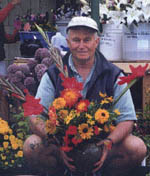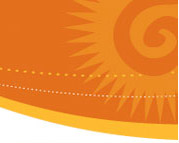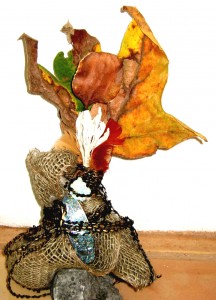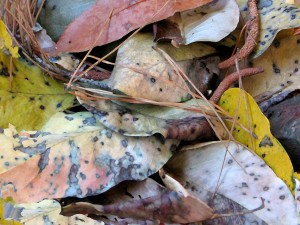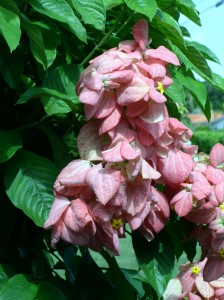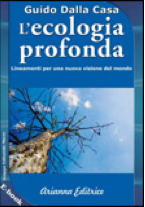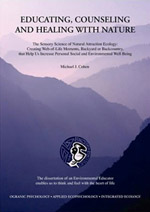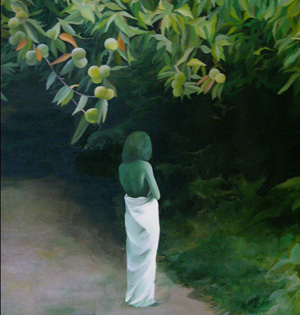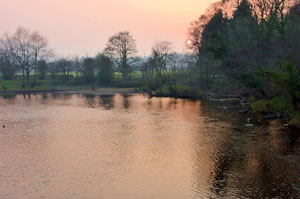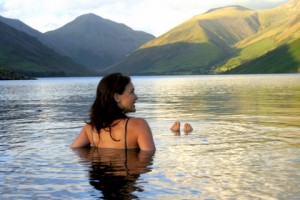Defining EP, Part 2
by Robert Greenway
(continued from Part 1)
Thanks for all the interest in “defining” — I think it very important, for a variety of reasons. Not to “lock in ‘the field'”; not assuming that “nature” needs us to be conceptual or heady; not to provide public credentials (that after all serve a culture with symptoms of serious disjunction); not to push a certain philosophy over another; but simply as an “interim” tool — with which those who in fact have worked out a healthy “human-nature-relationship” can do more than blather incoherently (or eschew all guides and forward references) in service to a kind of naturalistic Boddhisatva vow — that we will not take our exploitative comforts and pleasures [for granted] until all humans and creatures and life can live in alignment with “nature”.


